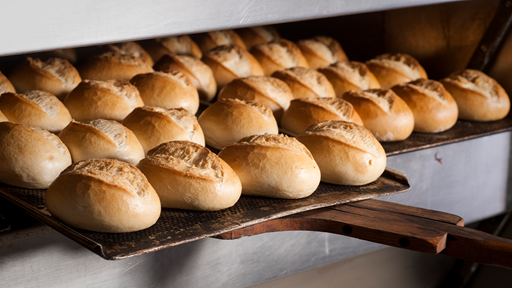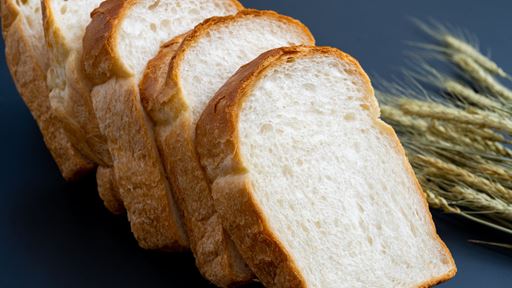We are committed to innovation and service
For more than 100 years, the professionals at Corbion have been coming through for the milling, baking and food industries, delivering innovative products and unwavering support. In the process, we have earned our reputation for broad expertise, fresh thinking, unsurpassed solutions and unmatched technical service.
When you partner with Corbion, you'll have industry-leading technologies working for you, in addition to the kind of best-in-class personal service that long-term relationships are built on. We also bring experience and an in-depth understanding of baking industry needs to our collaborations with milling customers to achieve their goals in these key areas of focus:
Enrichment
Flour enrichment – the process of restoring nutrients lost during processing – plays an important part in improving public health in America and in many other countries around the world. Corbion has been a leading player in flour enrichment since Standards of Identity for enriched cereal products were first established in the United States.
Though federal regulations in the U.S. do not require it, most flour is enriched with four B vitamins (Thiamin, Riboflavin, Niacin and Folic Acid) and Iron to comply with regulations enforced by most states. Whether enrichment is applied at the bakery level, or more commonly, at the flour mill, we estimate that at least 95% of bread sold in America is enriched.
As the premier supplier of vitamin premixes to the flour milling industry, Corbion offers the Nutrivan® range of nutrient blends for a wide variety of applications, as well as custom blends designed to meet your unique specifications. As part of our service, our enrichment customers also receive analysis of their flour samples to ensure compliance with regulations for enriched flour.
Flour correction & conditioning
Corbion solutions make it possible to meet the needs of bakeries and end-users by adding ingredients at the mill – whether it be for color, strength, or functionality. By translating the same enzyme expertise we apply in bakeries to the flour mill, we help improve flour functionality and performance consistency through the proofing stage.
Using bleaching agents such as benzoyl peroxide or enzyme-derived solutions, we help whiten flour and the resulting crumb. And by adding ascorbic acid, L-cysteine, or other additives, we can assist in making flour consistently easier for bakers to work with.
Microbial control
Extensive media focus on outbreaks of foodborne diseases linked to consuming raw wheat flour products in recent years has tested public trust in the milling and baking industries, and yet it remains clear that the safety of flour-containing products cannot solely rely on proper handling and cooking in the home kitchen. Raw cookie dough, for instance, has been the origin of major E. coli and Salmonella outbreaks that have sickened many.
Consequently, the burden is on millers to implement strategies for addressing food safety risks. Wheat kernels can carry significant amounts of microbial contaminants that can survive for long periods. When wheat grain is harvested, transported from the field, then stored, most of that bacterial load is concentrated in the grain’s outer bran layer. Eliminating or reducing this microbial load is best accomplished before milling the grain.
Corbion’s PURAC® FCC 88 Lactic Acid tempering solution is a highly effective and reliable processing aid for controlling pathogenic E. coli alone or in concert with other disinfecting methods. In a pilot mill experiment, wheat inoculated with a non-pathogenic E. coli surrogate cocktail and tempered with lactic acid (5%, 14 hours), resulted in a net reduction (wheat to flour) of 4.60 log CFU/g as compared to just 1.54 log CFU/g with water tempering followed by milling.


